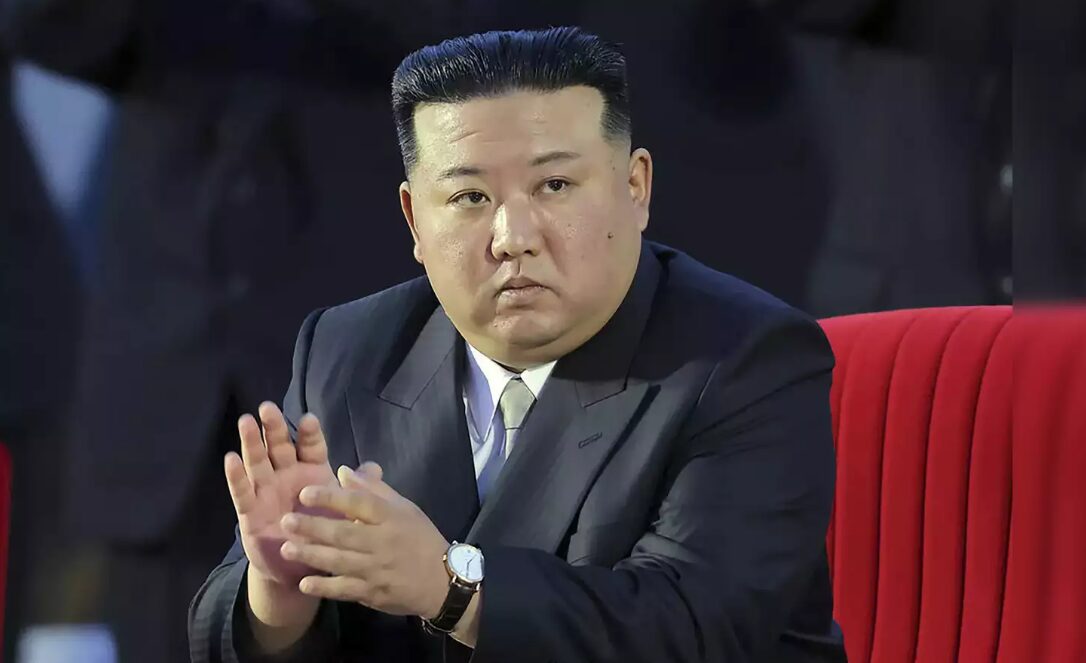Kim Jong-Un’s Net Worth: Dictators are commonly associated with vast riches, but the extent of Kim Jong Un’s wealth may surprise you. As the Supreme Leader of North Korea, he ranks among the wealthiest individuals globally. Let’s delve into the details of Kim Jong Un’s net worth!

source : img.etimg
Who is Kim Jong-un?
What is Kim Jong-un’s Net Worth?
Kim Jong-un, North Korea’s supreme leader, reportedly possesses a net worth of $5 billion.
While information about him is comparatively scarce compared to other global leaders, media attention on him has been significant.
In North Korea, Kim Jong-un holds various titles including Marshal, Chairman of the Central Military Commission, and Chairman of the State Affairs Commission, often addressed as “Dear Leader.”
Kim Jong-un, leading North Korea, has faced numerous controversies, with accusations of crimes including torture, abductions, and running prison camps.
Kim Jong-un's Net WorthPersonal Wealth
Many of these accounts, notably in China, are purported to contain significant sums of cash.
Reports indicate that Kim possesses nearly 20 palaces and residences scattered across North Korea for his personal use.
Additionally, reports indicate he owns a collection of over 100 luxury automobiles, especially favoring European sports cars.
Furthermore, Kim Jong-un reportedly owns at least one private jet and a luxury yacht exceeding 100 feet in length.
Dennis Rodman claims Kim spends a substantial portion of his time on a private island off the coast of North Korea.
Early Life
The exact birth date of Kim Jong-un remains undisclosed, although North Korea officially states that he was born on January 8th, 1982.
Under an assumed identity, he attended school, where observers described him as reserved yet socially adaptable, with a keen interest in basketball.
However, by 2000, authorities withdrew him from secondary education and brought him back to North Korea.
Upon returning, Kim Jong-un enrolled at Kim Il-sung University in Pyongyang, where he specialized in physics and underwent military training, ultimately graduating in 2007.
His public introduction to North Korean society occurred in 2010, marking the revelation of his identity.
This was also the year when he officially joined the Worker’s Party of North Korea.